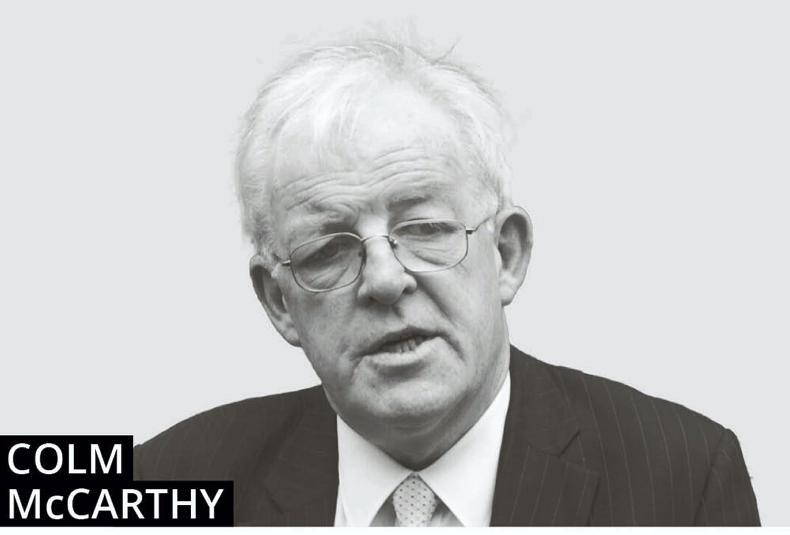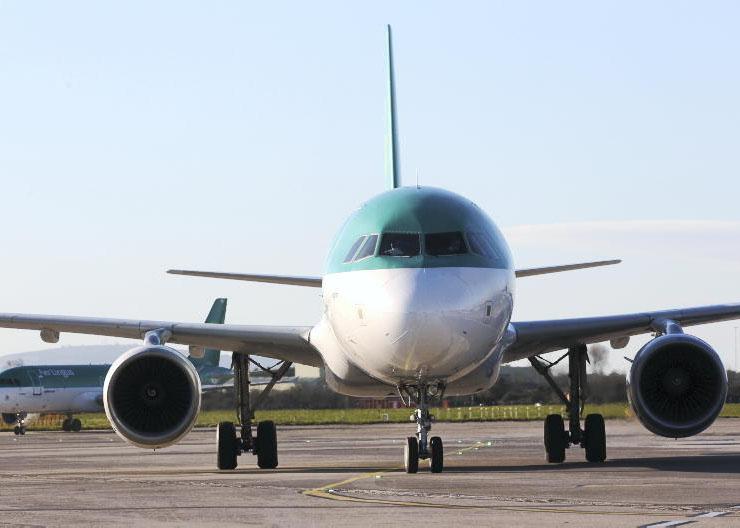Aviation is a sizeable industry in Ireland, a reflection of island status and of the success of Aer Lingus and Ryanair. Aer Lingus is essentially the Dublin-based carrier of the International Airlines Group (IAG) which also owns British Airways, the dominant carrier at London’s Heathrow, Iberia, which dominates at Madrid and the low-cost carrier Vueling, the main airline at Barcelona. Ryanair is Irish-based but Dublin is only one of its bases – it had over 80 at one stage. Less than 10% of its traffic flies to or from Ireland (almost 100% of Aer Lingus traffic does so) and it is Europe’s largest short-haul operator. Ireland is a major centre for the aircraft leasing business, with Dublin the main location.
Long-term impact
The downturn in aviation will not be a short-term setback. The industry, according to IAG’s chief executive Willie Walsh, will not recover to 2019 traffic levels until the mid-2020s. The COVID-19 pandemic has been a disaster for Europe’s airlines, airports and leasing companies. Dublin airport, by far the largest on the island, has been losing €1m per day since March and redundancies are inevitable. Aer Lingus has lost over €300m in the six months to June and airlines and airports across Europe are reporting horrendous and unsustainable losses.
Permanent closures
Aer Lingus executives have hinted that they may close permanently their bases at Cork and Shannon. When the State sold its 25% stake in the airline in 2015, Aer Lingus committed to maintaining the Heathrow services from these airports until 2022, but will now argue that COVID-19 is a force majeure incident which relieves it of those obligations.
Without Aer Lingus, Cork and Shannon would be in serious trouble – neither has covered operating costs in recent years, with losses at Cork covered by Dublin airport profits and losses at Shannon buried in the accounts of Shannon Group which includes the rent roll of the old Shannon Development company. All Irish airports are in deep financial trouble.
At one stage the island of Ireland boasted 12 believe it or not, of which two, Galway and Sligo, have closed and one, Waterford, though nominally open, has had no commercial passenger flights for four years.
Losses
Last year there were six airports in the Republic with actual flights, five of which made operating losses, the sole exception being Dublin. All six will make heavy losses this year, as will the three in Northern Ireland. Given the great improvements to the motorway and main road network of recent decades, it was not smart to have so many sub-scale airports. Starting from scratch and with excellent roads and frequent bus connections, it would have been difficult to justify more than three, at Belfast, Cork and Dublin.
Even if the COVID-19 episode passes and there is a successful vaccine, another cloud hangs over aviation. There are virtually no indirect taxes on aviation in Europe, no excise duty on aviation fuel, which costs about half what you pay for petrol or diesel, and no VAT on airline tickets. This is an extraordinary set of privileges and the industry has led something of a charmed life despite the rapid growth it has enjoyed in recent decades. Even if COVID-19 is out of the way a few years hence, the climate challenge will have to be addressed and a normalisation of taxes on airlines could see ticket prices rise by roughly one-third.
Leasing
The aircraft leasing companies are monoline banks, reminiscent of the farmers’ banks in the US during the 1930s depression. When the farmers went bust, the farmers’ banks followed quickly and there are fears that the same fate awaits the leasing companies. Many of them have securitised their loans to airlines and off-loaded some of the risk to third-party investors, so not all leasing companies are equally challenged. The airlines, proudly European in their ambition and reach when things were going well, have become national in death, as did the ‘international’ banks which sought home-country bailouts after the financial crisis. Airlines have sought state aid from the national government in their main centre of operations. Alitalia has been nationalised yet again, Lufthansa has secured backing from the German government, Air France-KLM from both the French and Dutch governments. Aer Lingus, should its survival be threatened, may turn to an Irish Government which has no ownership stake at all in Aer Lingus or IAG. The latter will hardly object if the Spanish government rescues Iberia and the UK government bails out British Airways. Ryanair and the UK-based easyJet, the truly European carriers, could find themselves orphaned, insufficiently vital to any government to justify bailout.








SHARING OPTIONS